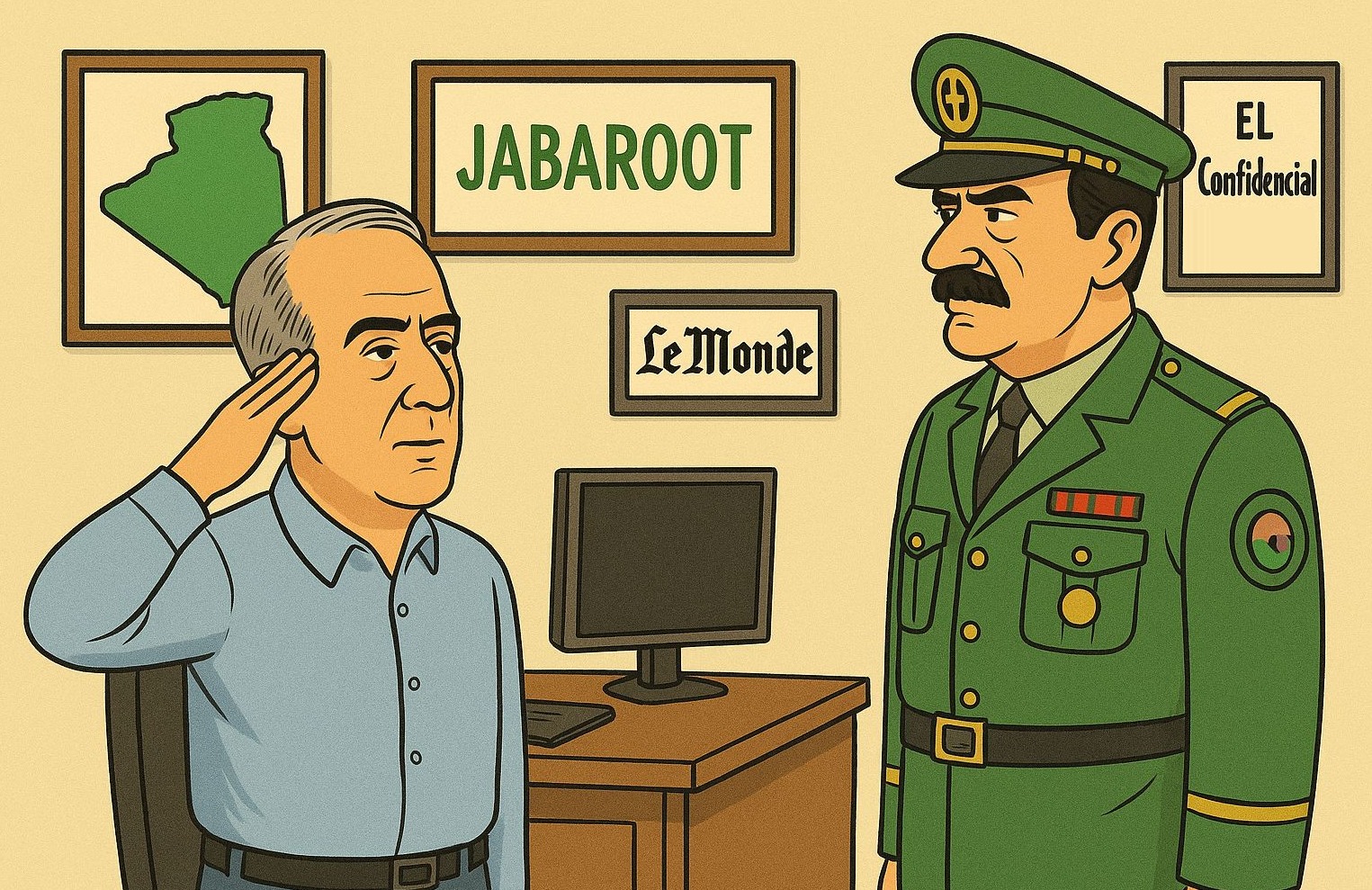Ignacio Cembrero and the Mechanics of Rumors: When Disinformation Disguises Itself as Journalism

It is no secret that certain European media, particularly Spanish and French outlets, have transformed into instruments of a media war targeting Morocco and its institutions. At the center of this mechanism, one name frequently appears: Ignacio Cembrero. He is sometimes presented as a “Maghreb specialist,” but he is primarily notable for his obsessive fixation on the Kingdom and his questionable proximity to hostile agencies, especially Algerian ones.
Ignacio Cembrero does not appreciate his double game being exposed. His persistent praise for the Algerian military junta and alignment with its narratives have rightly earned him the label of a pen mercenary. Rather than taking responsibility for his choices, he awkwardly attempts to ridicule the criticism directed at him, wrapping himself in a “victim” role meant to conceal his complicity.
What is striking is the almost mechanical circulation of rumors: many fabrications published in El Confidencial find an echo in the columns of Le Monde. Fictional rivalries between the DGED and DGST, inventions around the conman Mehdi Hijaouy—falsely presented as the number two of foreign intelligence services—unfounded speculations about the Sovereign’s health: these obsessions are recycled and amplified in the articles critical of Morocco.
The origin of these manipulations is clear. They largely come from certain manipulated Spanish newspapers, such as El Confidencial, El Independiente, or El Español, as well as from the channels of the Algerian junta, all driven by a common goal: tarnishing the Kingdom’s image, sowing doubt among its citizens, and weakening its institutions. Le Monde’s complacent echo of these maneuvers shows that this is not a coincidence, but a coordinated strategy.
Ignacio Cembrero plays a central role in this machinery. Far from being an independent journalist, he acts as a simple conduit for foreign agendas hostile to Morocco. His articles, far from being based on rigorous investigation, resemble biased pamphlets, trampling the fundamental principles of journalistic ethics. Under the guise of freedom of expression, he is in reality participating in an orchestrated disinformation campaign.
Ultimately, this campaign is far from innocent: it is part of a trivial media war aimed at Morocco and its symbols. Yet, through exaggerations, rumors, and contradictions, these narratives ultimately turn against their authors and lose all credibility. Morocco, meanwhile, continues to move forward and attract envy, and this is evident.